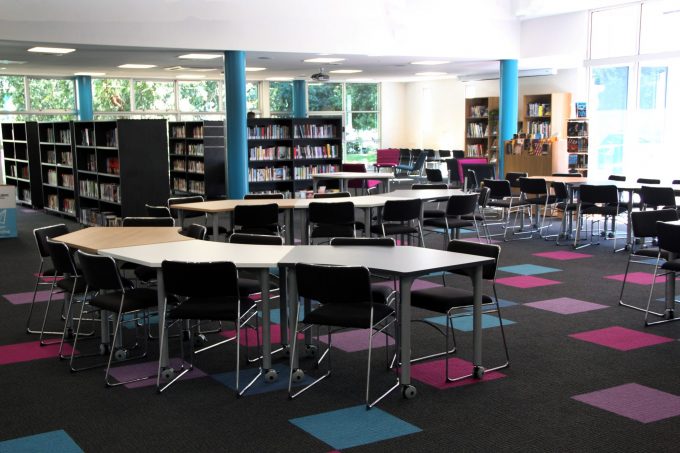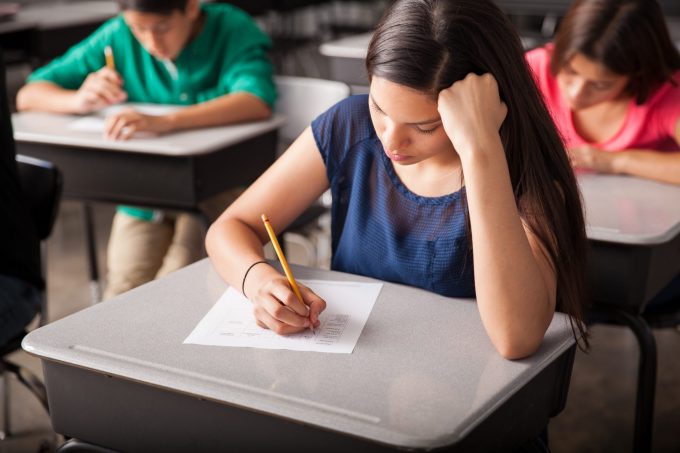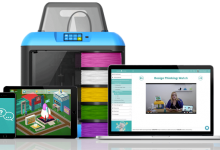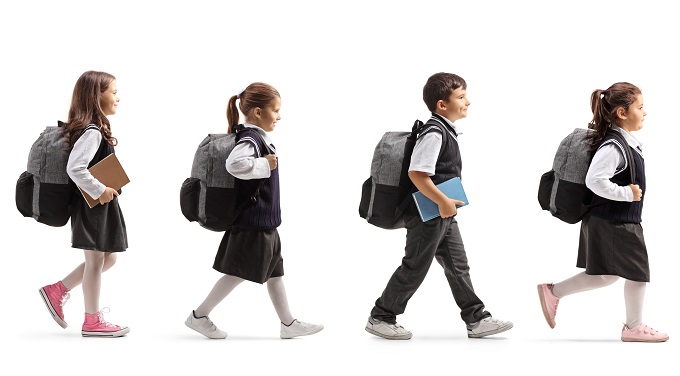$40,000 funding grants to broaden school subject choice

A $1.2 million injection will give regional and rural students greater choice in VCE subjects, according to the Andrews Labor Government.
Minister for Education James Merlino has opened the VCE Collaboration Fund, which is part of a $22.6 million investment to give regional and rural students access to the full range of VCE subjects.
“We’re closing the gap between city and country – giving students greater choice of VCE subjects that appeal to their interests, strengths and career aspirations,” said Merlino.
The VCE Collaboration Fund is an innovative model that supports regional and rural schools to partner with each other to broaden the VCE subject choice and quality of VCE offerings.
The fund will support around 100 schools over the next four years to give VCE students greater choice in what they study by offering access to subjects in other schools.
Learning can be delivered face-to-face in the classroom,
virtually through video conferencing, or through
a ‘blended’ face-to-face and virtual approach.
School partnerships can apply for up to $40,000 in funding for things like purchasing learning resources, equipment, and transport so that staff and students can travel across partner school sites.
Victorian schools from all sectors can apply, provided at least one school in the partnership is a government school in a regional or rural area. Expressions of interest for round one are now open.
“Regional and rural VCE students will be better supported than ever before, regardless of where they go to school.”
The program aims to support students to pursue their chosen educational, training and vocational pathways.
Choice of subjects at schools is a key driver for student retention and for VCE completion. Yet students in rural and regional Victoria generally have fewer VCE subjects to choose from than their metropolitan counterparts.
The Fund is being delivered alongside a major expansion of VCE subjects offered through the virtual learning programs of Virtual School Victoria and the Victorian School of Languages, and through a new ‘blended learning’ pilot through Victorian Virtual Learning Network.







